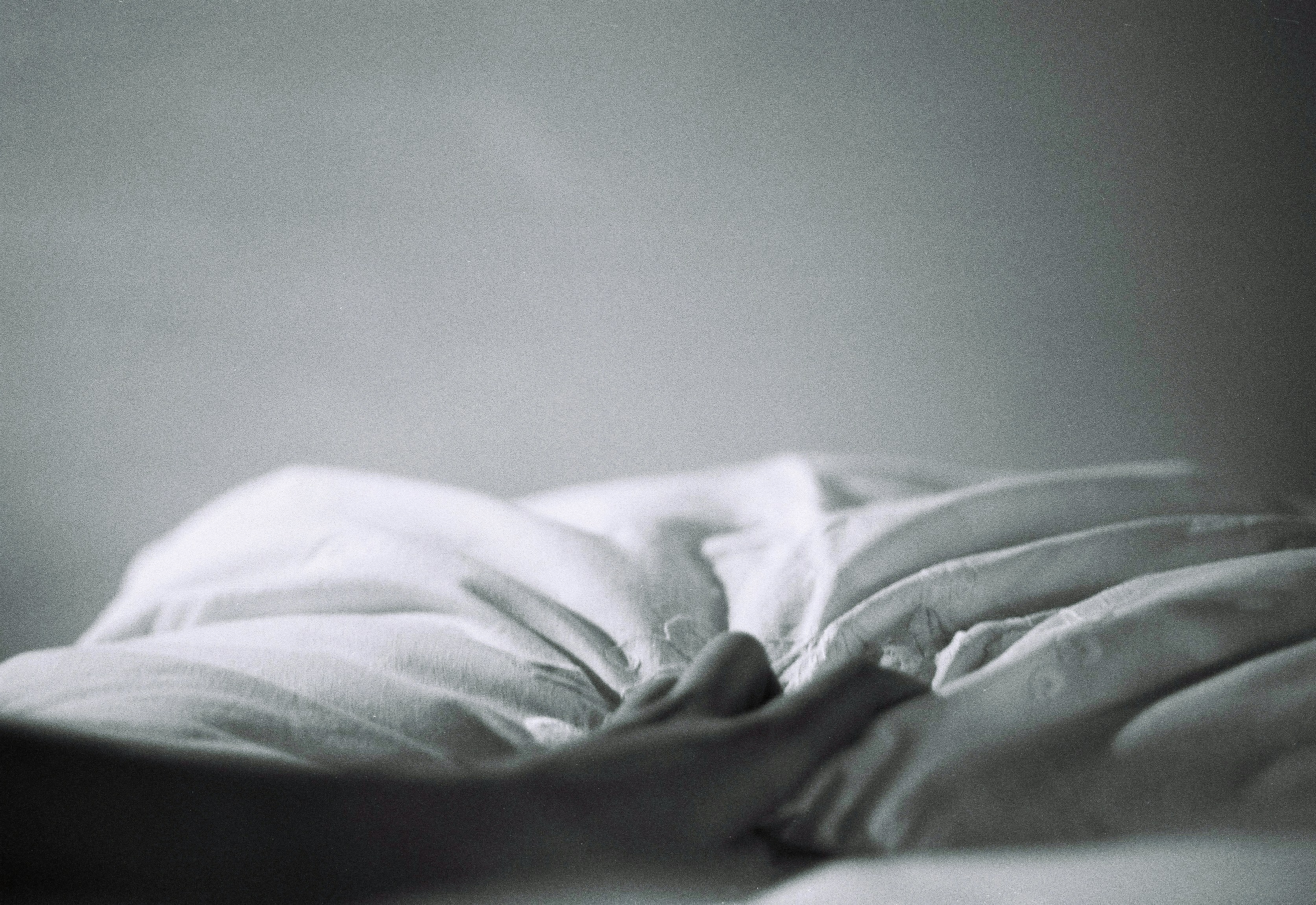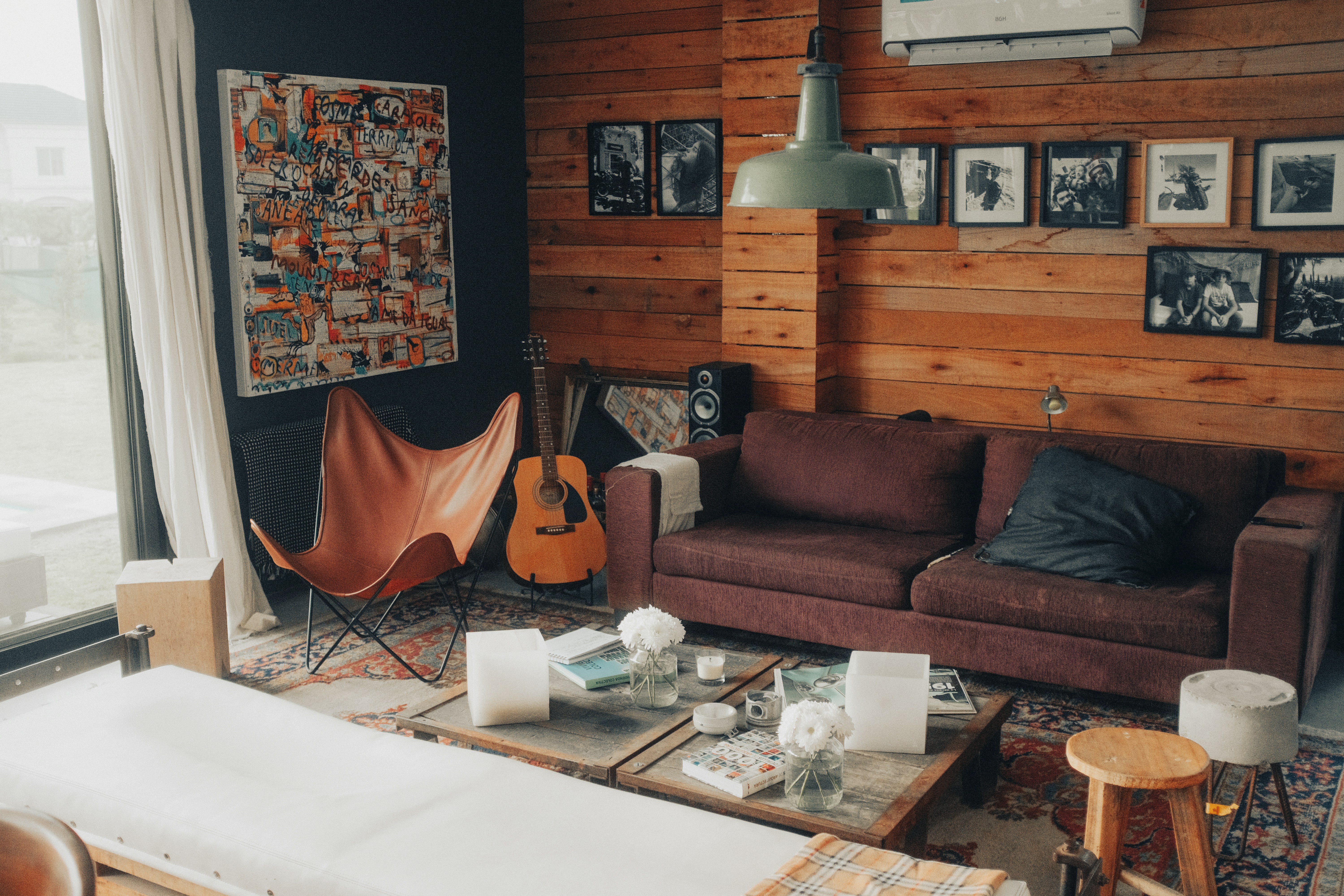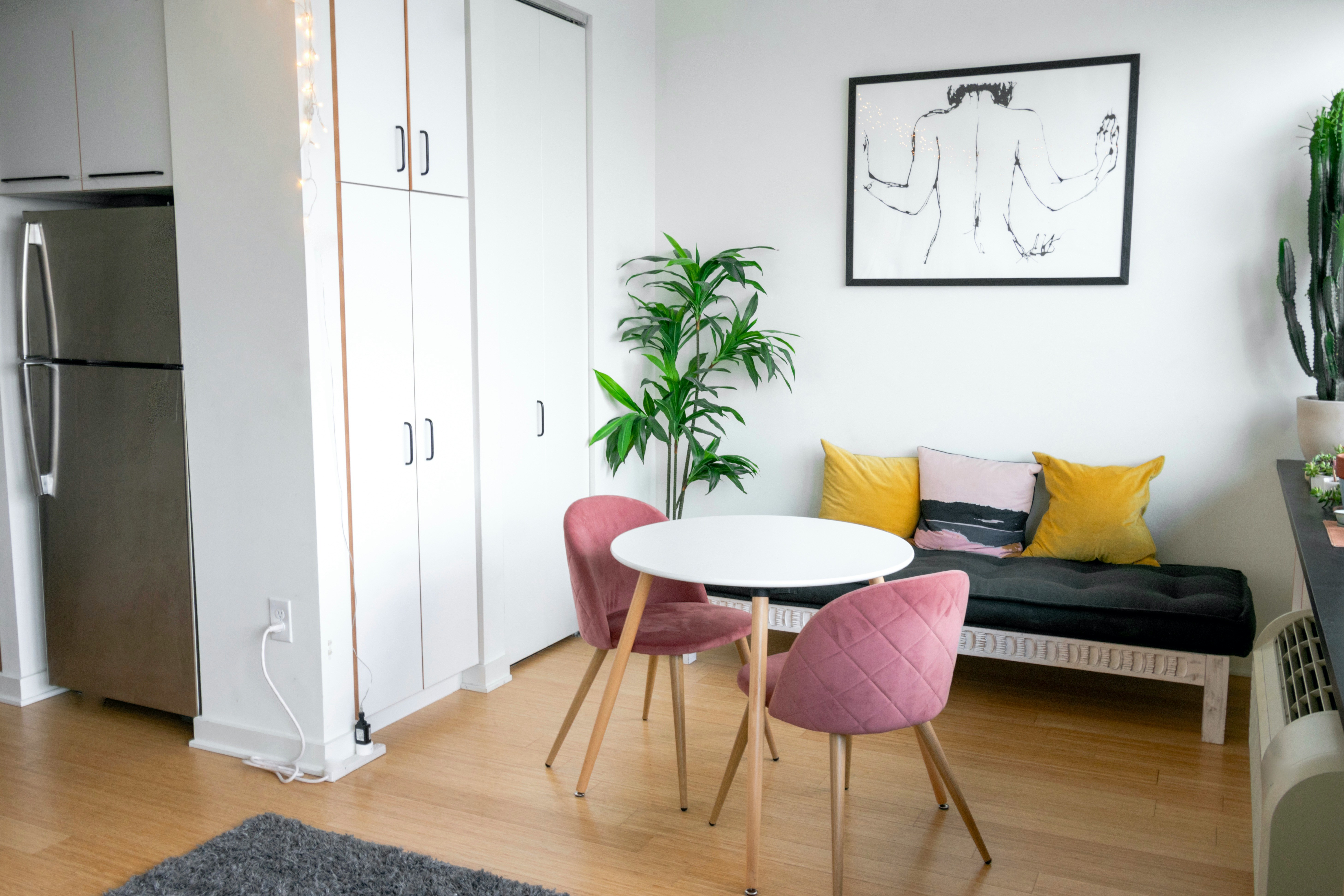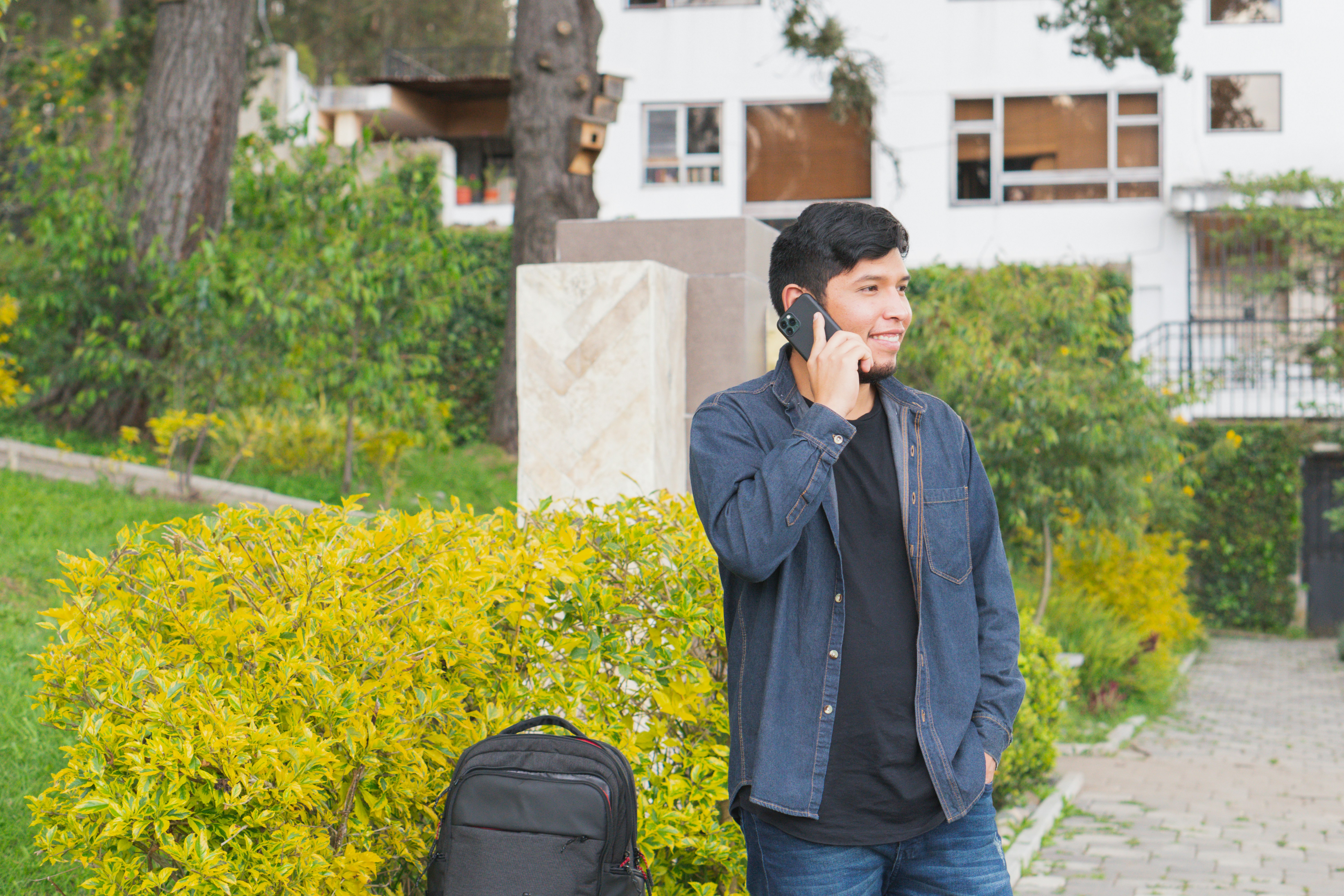If your ears feel sharper after a good night’s sleep—and hissier, buzzier, or more confused when you’re exhausted—you’re not imagining it. Sleep and hearing are dance partners. When your nights improve, conversations get clearer, tinnitus often calms, and your brain spends less energy trying to decode speech. Let’s make your sleep work for your ears.
Why sleep matters for your ears (and your brain)
Hearing isn’t just what your ears pick up. It’s what your brain makes of it. Sleep is when the brain resets attention, memory, and the networks that organize sound into meaningful speech. Skimp on sleep, and even normal hearing can “feel” blurry—especially in noise.
The science in simple terms
- Your auditory brain needs downtime: Sleep supports attention and working memory—the same tools you use to follow fast talkers and separate voices from background clatter.
- Noise feels louder when you’re tired: Poor sleep can heighten stress hormones, lowering your tolerance for sound and making tinnitus more intrusive.
- Cells need a quiet reset: Healthy sleep helps regulate blood flow and oxidative stress. The inner ear’s hair cells are energy-hungry and sensitive to oxygen and circulation changes.
Bottom line: Better nights can translate to easier days—clearer speech-in-noise, calmer reactions to everyday sounds, and less “listening effort.”
Sleep apnea and hearing: what we know
Obstructive sleep apnea (OSA) is common and often underdiagnosed. Research links untreated OSA with a higher likelihood of sensorineural hearing loss and tinnitus. Why? Repeated drops in oxygen, fragmented sleep, inflammation, and even the mechanical noise of snoring may play a role.
Clues worth noticing
- Snoring, gasping, or choking during sleep
- Morning headaches, dry mouth, or foggy thinking
- Daytime sleepiness or irritability
- Tinnitus that’s worse after poor sleep
If these sound familiar, talk with your primary care clinician or a sleep specialist about an evaluation. Many people improve with treatments like CPAP, oral appliances, weight management, or positional therapy. If you also notice changes in hearing or stubborn tinnitus, loop in an audiologist as well. Coordinating care helps your ears and your sleep.
Tinnitus and the night: break the vicious cycle
Tinnitus and sleep can egg each other on. The quieter the room, the louder tinnitus can seem. The louder it seems, the harder it is to drift off. The good news: small adjustments can swing momentum in your favor.
Make sound your ally
- Use gentle sound enrichment: Soft pink noise, a fan, nature sounds, or a bedside speaker can reduce the contrast between silence and tinnitus. Keep volume low—just enough to take the edge off.
- Try timer-based wind-down: Start sound 30–60 minutes before bed to cue relaxation. If you don’t need it all night, use a 60–90 minute timer.
- Hearing aids and sleep: Most people should remove hearing aids before bed to protect skin and devices. If your aids have tinnitus features you rely on, ask your audiologist about a dedicated bedside generator or a safe workaround.
Calm the nervous system
- Breathing cues: 4-7-8 breathing, box breathing, or a slow exhale focus can lower arousal that fuels tinnitus distress.
- Light journaling: Offload worries and “to-dos” 1–2 hours before bed so your brain isn’t rehearsing them at 2 a.m.
- Consistent lights-out: A stable sleep schedule supports your body clock, which helps quiet hypervigilance at night.
If insomnia or tinnitus distress dominates your nights, ask your clinician about cognitive behavioral therapy for insomnia (CBT-I) or CBT-based tinnitus approaches. These are skill-based and non-drug, and they work for many people.
Build a hearing-healthy wind-down
Sleep hygiene gets a lot of press. Here’s a version tuned for ears.
- Protect your evening soundscape: After dinner, steer clear of high-volume TV, loud bars, or power tools. If you can’t, wear discreet hearing protection and cap exposure time.
- Screen dimming and sound calming: Reduce bright screens and switch to gentle audio at least 60 minutes before bed. Your brain stops processing “alert” signals and starts processing “rest” signals.
- Smart caffeine: Limit coffee/tea/energy drinks after lunchtime if you’re sensitive. Caffeine doesn’t cause tinnitus for everyone, but it can delay sleep and make noise more noticeable when you’re overtired.
- Alcohol math: Nightcaps can help you doze off but fragment sleep later. If you drink, leave a 3-hour window before lights out and hydrate.
- Temperature and texture: Cool, dark, quiet rooms help. If the quiet is too loud, add low-level pink noise.
- Gentle body cues: Light stretching, a warm shower, or progressive muscle relaxation can signal “safe to sleep.”
Morning moves that make hearing days easier
- Hydrate early: Even mild dehydration can make you feel headachy and sound-sensitive.
- Sunlight within an hour of waking: Natural light anchors your body clock, setting up better sleep tonight—and better listening stamina today.
- Noise ramp-up: Start the day with calmer sounds before heading into busy audio. Your brain appreciates a warm-up.
If you wear hearing aids
- Remove at night: Your skin needs a breather, and devices need a safe place. Sleeping in aids can lead to moisture, feedback, or loss in the sheets.
- Dry and charge: Use a drying box or dehumidifier case. Consistent moisture control helps microphones and receivers last longer.
- Bedside routine: Keep your case in a designated spot away from water and pets. If your tinnitus flares at bedtime, discuss dedicated sound therapy options or app-based noise with your audiologist.
- Morning check: Quick brush of mics and domes, fresh wax guards as needed, and you’re set up for clearer listening all day.
Shift workers, parents, and light sleepers: special plays
- Daytime sleep with ear safety: Use soft, clean, well-fitted sleep earplugs if your environment is noisy. Don’t insert deeply, and keep them clean to avoid irritation. Combine with a fan or pink noise for comfort.
- Safety still matters: Ensure you can detect alarms. Consider a vibrating alarm, bed shaker, or smart-home alerts paired to your phone and smartwatch.
- Micro-rests: If nights are choppy (hello, newborns), use 10–20 minute daytime rests without doomscrolling. Even short breaks reduce listening fatigue.
Common myths to skip
- “White noise will damage my hearing.” Safe, low-volume sound enrichment is fine. Keep it comfortable and under typical conversation levels.
- “Caffeine always worsens tinnitus.” Sensitivity varies. If caffeine delays your sleep, tinnitus can feel worse, but moderate morning intake is often okay.
- “If I can’t sleep without earplugs, I’m doing harm.” Clean, gentle use is usually safe. Balance with alarm solutions and occasional ear breaks to keep skin happy.
A gentle 7-day reset for better sleep and better listening
Try this one-week experiment and notice what shifts in your tinnitus and daytime listening.
- Day 1: Choose a consistent sleep and wake time (±30 minutes). Set your bedroom to cool, dark, and comfortable.
- Day 2: Create an evening “quiet hour.” Lower lighting, turn down screens, and play soft pink noise.
- Day 3: Audit stimulants. Move caffeine to mornings only; hydrate in the afternoon.
- Day 4: Sound-protect the evening. If plans include loud venues, bring ear protection and limit exposure.
- Day 5: Add a 10-minute wind-down: breath work or gentle stretching before bed.
- Day 6: Morning light and a short walk to lock in your body clock.
- Day 7: Reflect. Did tinnitus feel less intrusive? Was conversation in noise less exhausting? Keep the winners and tweak the rest.
When to get extra help
- Persistent snoring, choking/gasping in sleep, or unrefreshing sleep: Talk with a healthcare professional about possible sleep apnea.
- New or worsening hearing changes or bothersome tinnitus: Book a hearing evaluation with an audiologist. Early guidance pays off.
- Chronic insomnia: Ask about CBT-I—highly effective and medication-sparing.
Your ears and your sleep are teammates. Invest in both, and your days can get clearer, calmer, and a lot more enjoyable.
Further Reading
- Rooms That Listen: Design Your Home for Easier Conversation and Calmer Ears (Lifestyle) - Travel Smart, Hear Happy: The Hearing-Friendly Traveler’s Playbook (Lifestyle) - Unclench for Quieter Ears: Stress, Jaw, and Somatic Tinnitus (Lifestyle) - Listening Fatigue Is Real: Use Your Hearing Aids to Spend Less Energy on Every Conversation (Hearing Aids)Frequently Asked Questions
Is it safe to sleep with a sound machine if I have tinnitus?
Yes—when used at low, comfortable volumes. Aim for sound that blends into the background rather than covers everything up. Pink noise or gentle nature sounds often feel smoother than bright, high-pitched white noise. If you live with a bed partner, a pillow speaker can keep volume lower. If you’re unsure, ask an audiologist to help you choose settings.
Do I need to stop drinking coffee to help my tinnitus?
Not necessarily. Research on caffeine and tinnitus is mixed. For some, caffeine close to bedtime delays sleep, which can make tinnitus feel louder. Try keeping caffeine to mornings and see how your sleep and tinnitus respond. If you notice a personal link, you can adjust without going cold turkey.
Can sleep apnea really affect hearing?
Studies associate untreated obstructive sleep apnea with higher rates of sensorineural hearing loss and tinnitus. Repeated drops in oxygen, disrupted sleep, and inflammation may play roles. If you suspect apnea, a medical evaluation is worthwhile—and if you also notice hearing changes, scheduling an audiology assessment can give you a fuller picture.
Should I sleep in my hearing aids to hear alarms or kids at night?
Generally, no. Sleeping in aids can irritate skin and expose devices to moisture and loss. Safer options include bedside speakers for alerts, vibrating alarms, bed shakers, or smart-home notifications to a smartwatch or phone. If you have unique safety needs, ask your audiologist to help you design a nighttime hearing plan.



